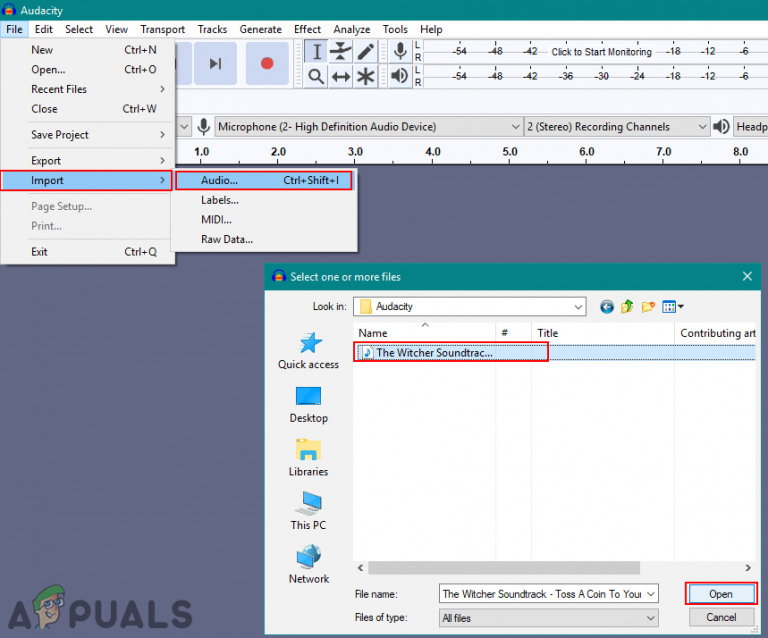

Spectrogram of Opus-encoded audio as bitrate rises (~32 to ~160 kbit/s) clearly shows lowpass behavior and better preservation of the band energy with CELT (compare original, Vorbis, MP3, AAC). Unlike Vorbis, Opus does not require large codebooks for each individual file, making it more efficient for short clips of audio and more resilient. In any Opus stream, the bitrate, bandwidth, and delay can be continually varied without introducing any distortion or discontinuity even mixing packets from different streams will cause a smooth change, rather than the distortion common in other codecs. Opus has very short latency (26.5 ms using the default 20 ms frames and default application setting), which makes it suitable for real-time applications such as telephony, Voice over IP and videoconferencing research by Xiph led to the CELT codec, which allows the highest quality while maintaining low delay. An Opus stream can support up to 255 audio channels, and it allows channel coupling between channels in groups of two using mid-side coding. Opus supports constant and variable bitrate encoding from 6 kbit/s to 510 kbit/s (or up to 256 kbit/s per channel for multi-channel tracks), frame sizes from 2.5 ms to 60 ms, and five sampling rates from 8 kHz (with 4 kHz bandwidth) to 48 kHz (with 20 kHz bandwidth, the human hearing range). Possible bitrate and latency combinations compared with other audio formats

Opus is widely used as the voice-over-IP (VoIP) codec in applications such as Discord, WhatsApp, and the PlayStation 4.
OPUS CODEC AUDACITY FFMPEG SOFTWARE
All known software patents that cover Opus are licensed under royalty-free terms. The reference has both fixed-point and floating-point optimizations for low- and high-end devices, with SIMD optimizations on platforms that support them. Īs an open format standardized through RFC 6716, a reference implementation called libopus is available under the New BSD License.

Its delay is exceptionally low compared to competing codecs, which require well over 100 ms, yet Opus performs very competitively with these formats in terms of quality per bitrate. Opus has the low algorithmic delay (26.5 ms by default) necessary for use as part of a real-time communication link, networked music performances, and live lip sync by trading-off quality or bitrate, the delay can be reduced down to 5 ms.

Bitrate, audio bandwidth, complexity, and algorithm can all be adjusted seamlessly in each frame. Opus combines the speech-oriented LPC-based SILK algorithm and the lower-latency MDCT-based CELT algorithm, switching between or combining them as needed for maximal efficiency. Opus replaces both Vorbis and Speex for new applications, and several blind listening tests have ranked it higher-quality than any other standard audio format at any given bitrate until transparency is reached, including MP3, AAC, and HE-AAC.
OPUS CODEC AUDACITY FFMPEG CODE
Opus is a lossy audio coding format developed by the Xiph.Org Foundation and standardized by the Internet Engineering Task Force, designed to efficiently code speech and general audio in a single format, while remaining low-latency enough for real-time interactive communication and low-complexity enough for low-end embedded processors.


 0 kommentar(er)
0 kommentar(er)
